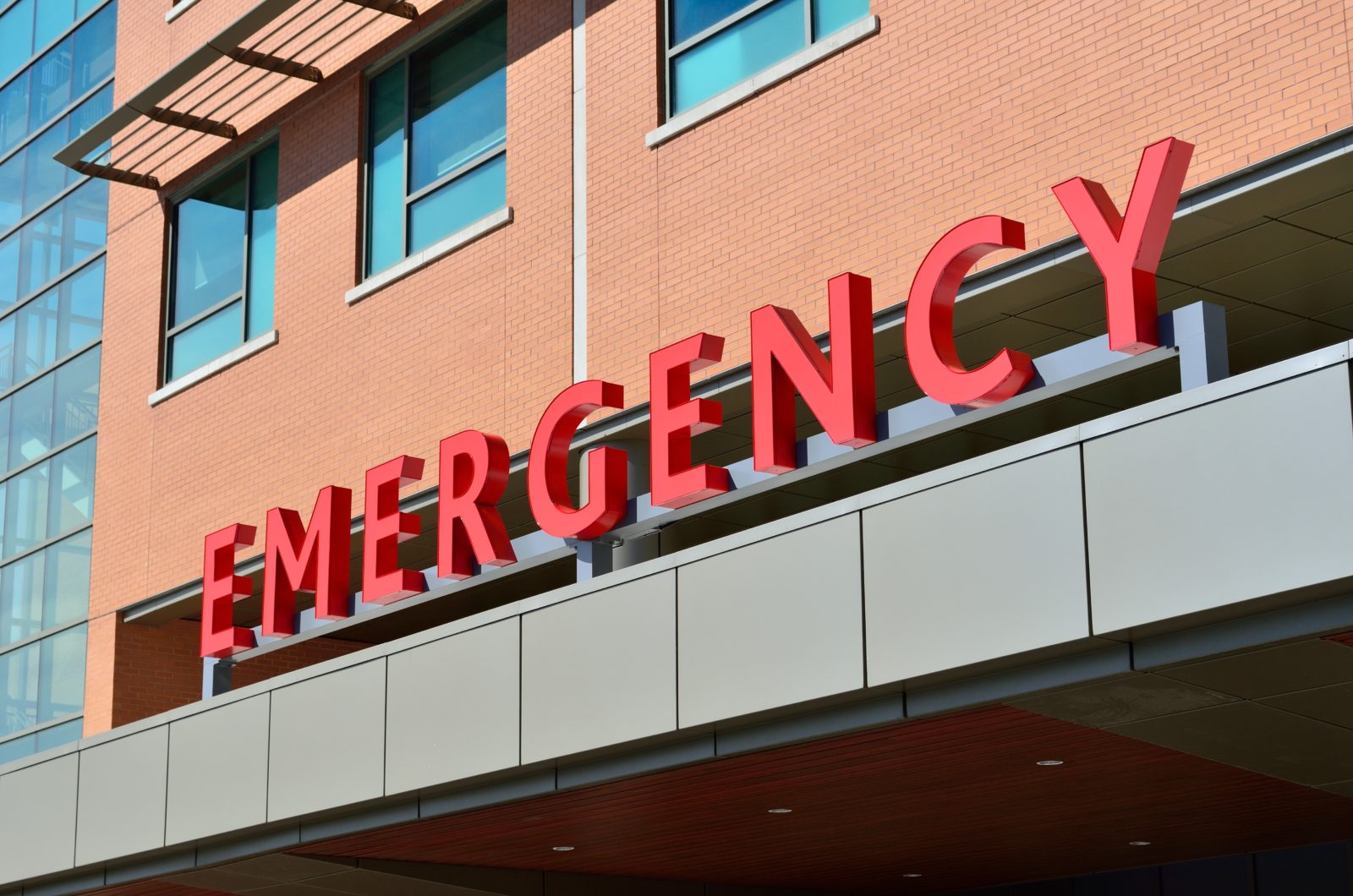According to recent data, the U.S economy is looking good these days. Jobless claims are at a 49-year low, the stock market is at record highs, and consumer sentiment is strong. Your own financial picture may be looking pretty good. But if history is any guide, we can expect the economy to soften at some point. And this could have an impact on your financial life whenever it happens. That’s why now is the best time to prepare for financial hardship. It’s time to start building your emergency fund.
It’s the times when you’re feeling secure in your current job and confident in your ability to find future employment opportunities, that you’re more likely to take on new financial commitments like buying a new car or a new home. You may enjoy spending a little extra money on restaurants, entertainment, and vacations. And you can indulge in these things. After all, you’ve earned it! But do not do these things while also overlooking the need to have an emergency fund.
Experts recommend having at least three to six months worth of living expenses set aside for an emergency. This money should be set aside in a separate account and not comingled with other funds. You don’t want to be tempted use this money for anything other than an emergency. (Buying new furniture before the in-laws come to town is not an emergency.)
Your emergency fund should be held in a savings account or money market. It should not be invested in the stock market or anything that puts the money at risk. Don’t worry about the rate of return here; that’s not what this money is for. This money needs to be readily available for an unexpected expense.
One of main risks you want to be prepared for is losing your job. Job loss can happen at any time — especially if the economy is softening. Losing your job is not fun, to say the least. But if you have an emergency fund, it doesn’t have to cripple you financially. It also provides you more flexibility when looking for your next job. It can be difficult to find the right job with your desired salary. Without an emergency fund, you may find yourself in a desperate position where you have to accept the first job that becomes available rather than take your time finding the right position. Having a little financial security puts you in a stronger position to get your career back on track.
Even when you are gainfully employed, an emergency fund lets you be prepared for the unexpected.
You or a family member could experience a medical emergency, and medical bills can be costly. With deductibles and co-payments, you may suddenly find yourself with medical bills in the thousands. You can also face unexpected home repairs. As a homeowner, you should always have regular repairs and maintenance built into your budget. Are you prepared for the unexpected expense? What if the furnace breaks down right in the middle of winter? That can’t wait until it fits into your budget. It has to be repaired or replaced immediately. The same goes for car repairs.
If you are not prepared for an emergency when one happens, you may make poor decisions. One of the worst financial choices is going into debt over an emergency purchase.
Borrowing is very costly. It’s quick and easy to take out the credit card, but if you don’t have the money for unexpected expenses to start with, you’ll have difficulties paying the credit card bill when it comes due. If you don’t pay it in full, you’re subject to interest and fees. And once you start to accumulate debt, it gets even harder to build an emergency fund because you now have a new financial obligation.
Another big mistake for dealing with unexpected expenses is to tap into your retirement accounts. If you take money out of your IRA or 401(k) you risk not having enough money for retirement. In addition, your withdrawal may be subject to taxes and penalties. For example, withdrawals from a traditional IRA are taxed as ordinary income, and if you are younger than 59 ½, you may also be subject to a 10% early-withdrawal penalty. The IRS does allow for hardship distributions in some cases, but your hardship may not qualify. For example, a medical emergency may be exempt, but auto repairs may not be. Having an emergency fund creates a buffer between you and your retirement accounts.
But the best reason to have an emergency fund? To reduce stress. Knowing that you’re prepared for a financial emergency can go a long way toward giving you peace of mind in your day-to-day life.

